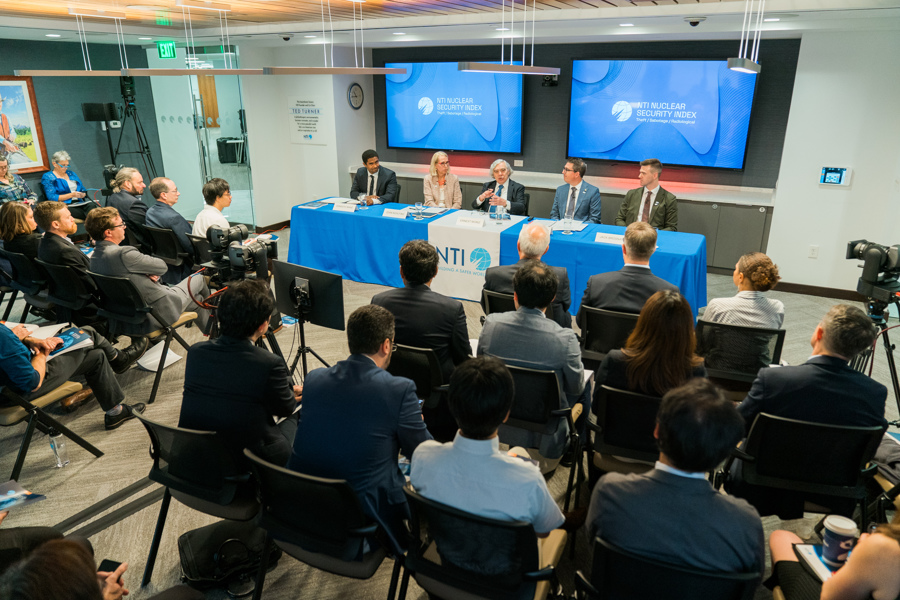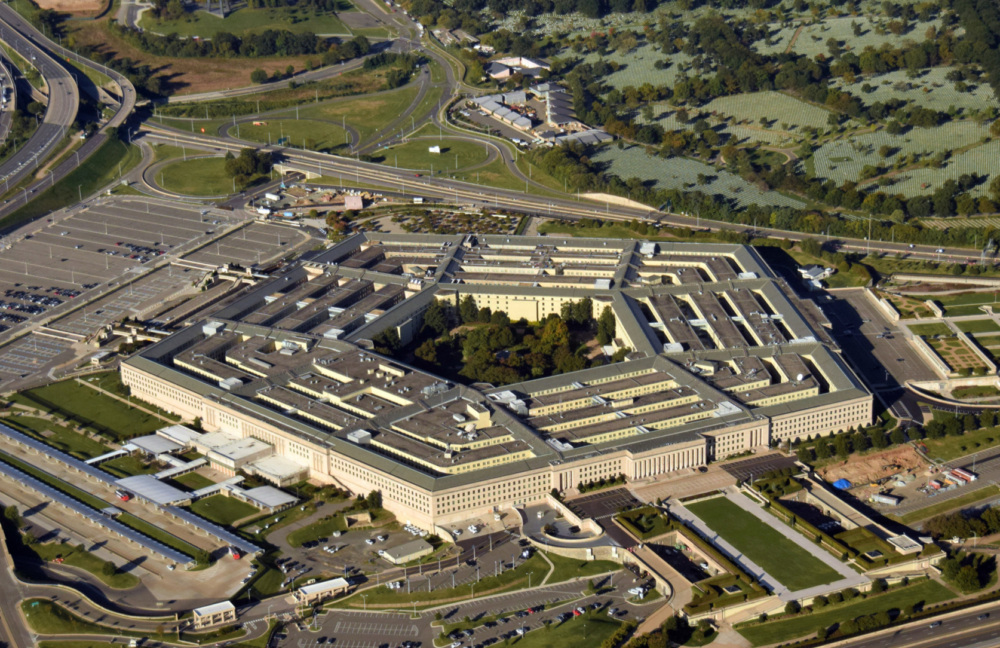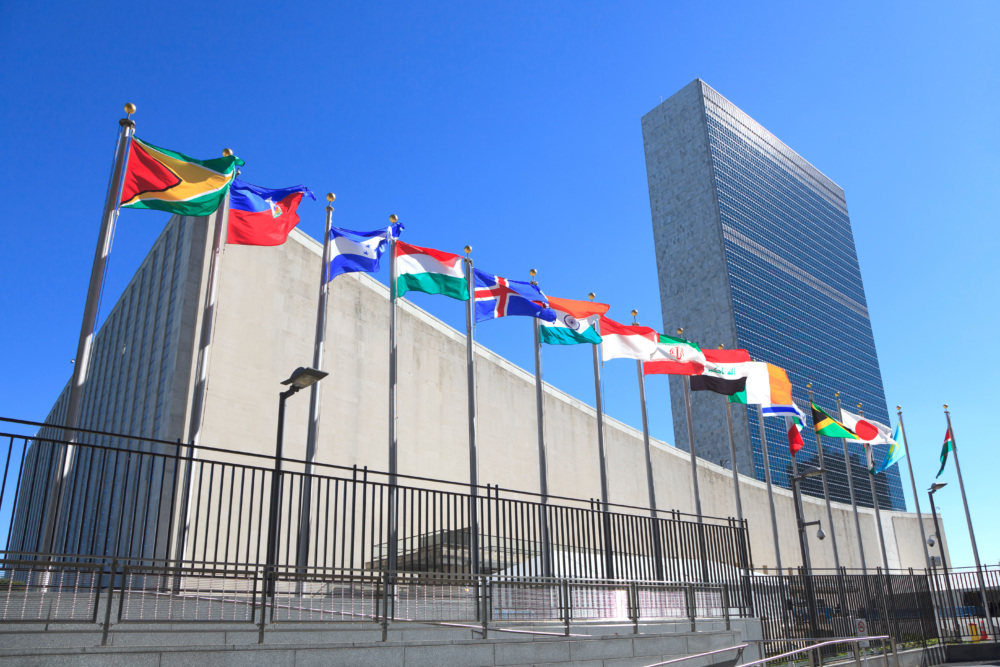
Ernest J. Moniz
Co-Chair and Chief Executive Officer, NTI
About the image
NTI welcomes the G-7 leaders’ “Vision on Nuclear Disarmament” statement as they meet in the city where a nuclear weapon was used in war 78 years ago. It is particularly significant and appropriate that the G-7 leaders have recommitted their nations to the goal of a world without nuclear weapons and reaffirmed that a nuclear war cannot be won and must never be fought at a time when the risk of nuclear use is higher than it has been in generations.
Unfortunately, the G-7 summit in Hiroshima, Japan, takes place against a backdrop of dangerous geopolitical tensions, eroding international norms, and rising nuclear risks. The leaders’ statement rightly condemns Russia’s nuclear threats in the context of its unjustified invasion of Ukraine and its suspension of inspections and reporting requirements under the New START arms control treaty. Importantly, the leaders also identify concrete steps that can be taken to begin to reverse these negative trends. These include supporting dialogue among nuclear states on strategic stability, meaningful nuclear risk-reduction efforts, U.S.-Russia nuclear arms control and reductions, greater Chinese transparency about its nuclear weapons and participation in dialogue on risk reduction and arms control, and efforts to strengthen global non-proliferation efforts.
We also commend the G-7 leaders for promoting strong safety, security, and safeguards around peaceful uses of nuclear energy. There is a growing need for responsible use of civil nuclear power, especially as more states are considering nuclear energy to help combat climate change and are exploring the use of next-generation reactors. All states must work to ensure that nuclear materials are properly secured, are not diverted to nuclear weapons programs, and do not fall into the hands of terrorists. The call for additional transparency around civilian stockpiles of nuclear material is another important element to the expansion of peaceful nuclear applications.
This dangerous moment demands leadership and action. The leaders of the United States, United Kingdom, and France–the three G-7 states with nuclear weapons–must build on this statement with concrete steps and Russia and China must join them in actions to reduce nuclear risks and fulfill their obligations under the Treaty on the Non-Proliferation of Nuclear Weapons (NPT). The G-7 statement also reinforces the importance of non-nuclear weapons states’ strong support of the NPT.
The United States should engage Russia now in strategic stability dialogue with a focus on returning Russia to full implementation of New START and beginning negotiations on a successor agreement. States with nuclear weapons should lead by example through unilateral measures, such as conducting nuclear “fail-safe” reviews, like the one now underway in the United States. All nuclear-armed states share an interest in upholding the 77-year record of nuclear non-use and reducing the risk of nuclear blunder, especially in an age of rapidly evolving new cyber and artificial intelligence capabilities.
Sign up for our newsletter to get the latest on nuclear and biological threats.
“The bottom line is that the countries and areas with the greatest responsibility for protecting the world from a catastrophic act of nuclear terrorism are derelict in their duty,” the 2023 NTI Index reports.
"The NPR sets the right course by emphasizing dialogue and diplomacy, aiming to reduce the role of nuclear weapons in national security strategy."
NTI will host three side events at the 10th NPT Review Conference.



